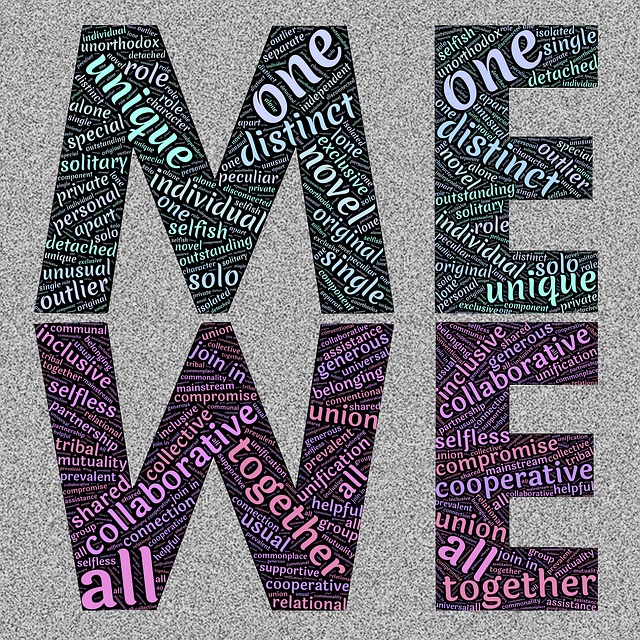The date of your court hearing is fast approaching and you have been working hard to prepare everything you need.
You stumble upon some information that will help your case, but it is far too good to share with anyone. So you keep it to yourself. You plan to take it with you to court and reveal it for the first time during the hearing.
There is one good reason why you should not do this.
The reason is: disclosure.
You may have heard on the news, earlier this year (2018) about a number of criminal cases that were affected by disclosure issues. Due to a lack of disclosure, some of these criminal cases collapsed – and could not be taken any further through the courts.
Disclosure is just as important in family cases or other civil matters.
What is disclosure?
Disclosure means releasing information (about someone or about something) that you are going to use in your case when you go to court.
Disclosure involves telling the other side that the information exists and sharing that information with them so that they can read or inspect that information.
In other words, before going to court, if you have anything that you want to show to the judge or ask the judge to read or consider in relation to your case on the day, you must first share that same information with the other side (the applicant or the respondent).
Disclosure rules mean that if you go to your hearing with information for the judge that you have not shared with the other side, the judge will not consider the information and you will not be able to use it at that hearing.
Information you must disclose
Depending on your case, the information to disclose or share could be:
- Medical reports from a doctor
- Letters or emails
- Contracts
- CCTV footage or audio recordings
- Bank statements
- Pictures
- Text messages
- Social media messages
Why is disclosure important?
Disclosure is important because there must be transparency in legal proceedings. Hearings must be fair – and there should be no surprises.
Fair hearings can only happen if all parties (you as well as the other side) understand and have been given the opportunity to see or inspect any information that is going to be used as part of the case.
What happens if you do not disclose information?
It may be tempting to try to gain some tactical advantage through non-disclosure. There a few reasons why it could backfire if you do this.
If you do not share or disclose information before your hearing, you may not get the outcome you had hoped for, especially if you were relying on that information to help your case.
If the undisclosed information is crucial to the proceedings, the hearing may have to be adjourned (delayed) – and a new hearing held at a later date. This is because the other side will need time to inspect the information and, where necessary, prepare a response to it.
If your hearing has to be adjourned your case will be delayed and there may be additional court hearing fees to pay. There will also be the knock-on effect of the delay on other hearings you may have, for example if the original hearing was one of a series of hearings in the same case.
Copyright © Going to Court Alone – Debbie Thomas
Image by: Pixabay
Find out more about disclosure – go to:
Civil Procedure Rules – Part 31 Disclosure and Inspection of Documents
